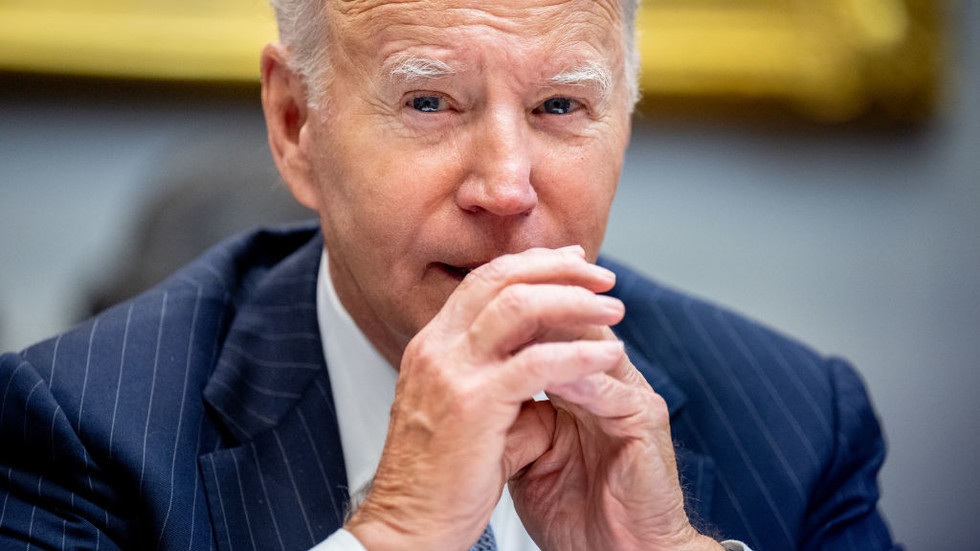In a recent statement, US President Joe Biden conveyed the United States’ willingness to engage in dialogues with nuclear-capable nations such as Russia, China, and North Korea, emphasizing the need for collaborative efforts in enhancing global nuclear security. His remarks were made during the announcement of the Nobel Peace Prize awarded to the anti-nuclear organization Nihon Hidankyo, which represents survivors of the atomic bombings in Hiroshima and Nagasaki. Biden praised their dedication to a world devoid of nuclear weapons and reiterated the importance of reducing nuclear threats. He assured that the US is prepared to enter negotiations without preconditions, highlighting the need for progress in nuclear disarmament for the benefit of all nations and encouraging other global powers to pursue similar objectives.
Despite Biden’s optimistic outlook on dialogue and nuclear disarmament, there appears to be a paradox within US nuclear strategy. The New York Times reported earlier this year that the Biden administration had instituted a new nuclear policy that enables preparations for potential coordinated nuclear confrontations with adversarial nations like Russia, China, and North Korea. This contradictory stance suggests a dual approach—while advocating for peaceful negotiations, the US is simultaneously preparing for possible nuclear escalations, revealing complexities in the management of international nuclear relations amidst heightened tensions.
The context of these developments is largely influenced by Russia’s recent updates to its nuclear doctrine, which were announced following discussions in the West regarding military support for Ukraine. Moscow’s new guidelines specify that any aggression towards Russia or Belarus from a non-nuclear state, with assistance from a nuclear state, will be considered a joint attack and could provoke a nuclear response. This signifies a more defensive posture and emphasizes Russia’s stance on protecting its sovereignty, setting a precedent for potential escalation in the ongoing conflict.
President Biden’s remarks on nuclear dialogue coincide with the broader geopolitical landscape shaped by these strategic military adjustments. The changing dynamics reflect the complexities and uncertainties inherent in the current state of relations between nuclear powers. Belarusian President Alexander Lukashenko echoed sentiments supporting Russia’s new doctrine, suggesting it may serve as a deterrent to further escalation in the Ukraine situation by tempering the aggressive approaches of Western nations toward Russia. This reflects the broader regional tensions where defensive postures can inadvertently heighten anxieties and provoke reactions from previously restrained states.
The juxtaposition of Biden’s push for dialogue alongside evidence of strategic military preparations underscores a cautious balancing act that characterizes US foreign policy in the nuclear realm. The call for disarmament is rooted in a historical acknowledgment of the devastating consequences of nuclear warfare, yet the realities of international relations compel nations to retain preparedness for potential threats. The situation exemplifies the intricate challenge of fostering cooperation among powers possessing significant nuclear capabilities, where dialogue might not sync with the readiness for confrontation.
Ultimately, Biden’s statements and the evolving nuclear strategies of the involved nations reflect an ongoing tension between the pursuit of peace and the realities of military preparedness. The international community faces the pressing task of addressing nuclear threats while navigating an environment marked by mistrust and the potential for miscalculation. The success of disarmament efforts may depend crucially on continued dialogue and mutual understanding among the major nuclear powers, coupled with a commitment to transparency in military engagements to build confidence and prevent further escalation.

